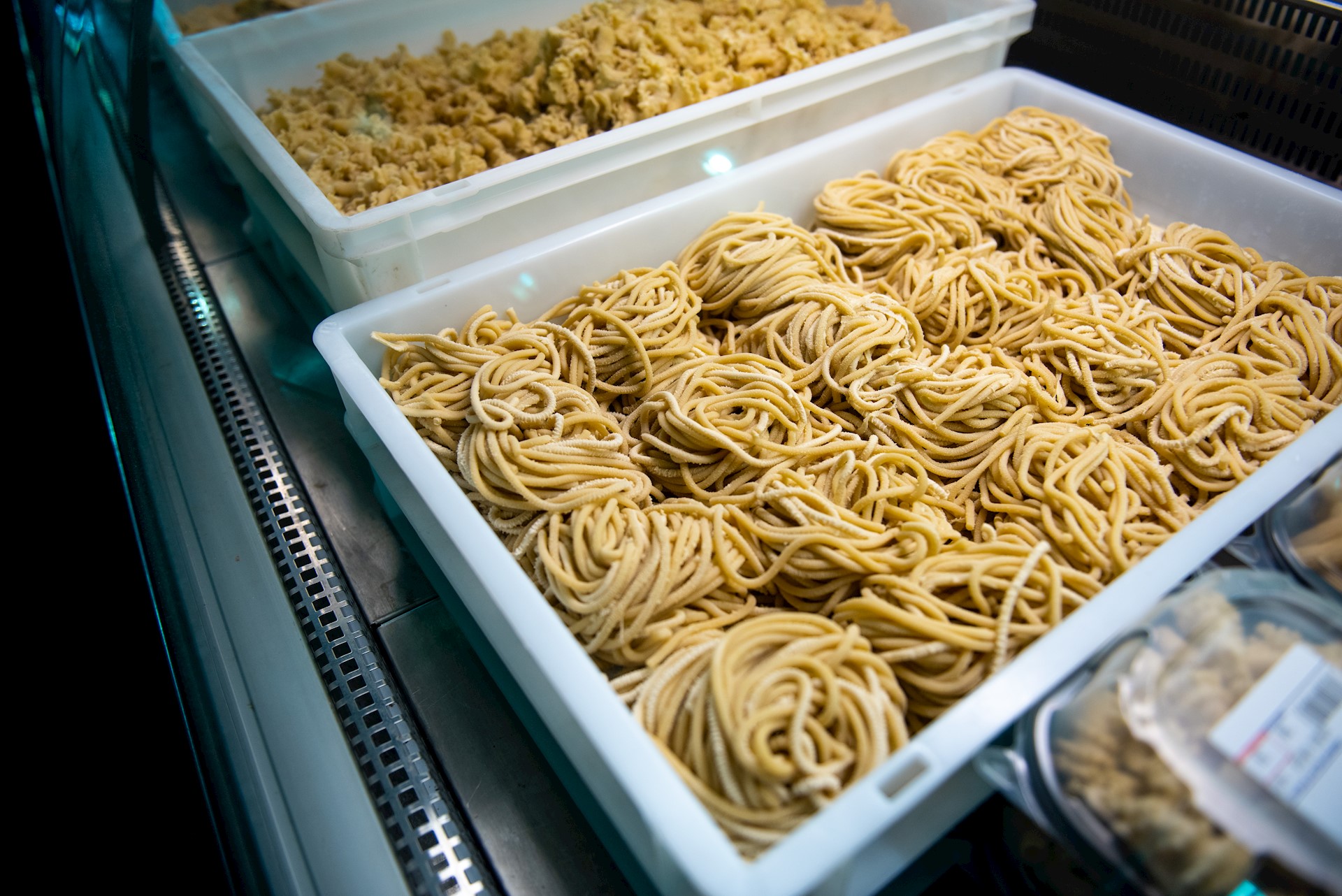
This year, Cayman International School created a system in which each eighth grade class participates in a beach clean-up.
The first time I went on one of these beach clean-ups, I was shocked. I already knew that there was a problem with plastics in our ocean. For example, according to research done by the United Kingdom's Natural History Museum, between 4.8 million and 12.7 million tonnes of plastic enter our oceans each year.
However, I don’t think I ever truly understood the extent of this problem until I saw it with my own two eyes.
One of the things that stuck out to me was a short competition that we did, in which we had a few minutes to collect as many bottle caps as we could. I figured that this would be a difficult task, but in seconds I was already finding some only a few feet away.
In the end, everyone in my class amassed at least 10 to 20 bottle caps each, some even more. This activity alone was enough to show me just how much of an issue plastics are to our marine habitats.
Two of the three eighth grade classes have been out on beach clean-ups so far. The first group collected 22.5 kilograms of plastics, while our group has collected 53.1 kilograms.
The first group also collected data on the types of plastics that they found and how much of each there were. This data goes to organisations like Ocean Conservancy, which are dedicated to making seas trash-free.
Some notable finds from one beach clean-up by the first group include 82 plastic bottle caps, 22 pieces of plastic cutlery, 21 cigarette butts, 49 plastic bottles and 7 pieces of fishing net. It helps put into perspective just how much plastic is on our beaches and how bad the issue truly is.
I believe that beach clean-ups are an excellent way to give back to the community. Countless studies have shown that they improve the overall health of marine ecosystems. National Geographic reports that over the past 30 years, beach clean-ups have collected more than 300 million pounds of trash from 350 types of items.
Still, it can be discouraging to come back to the same beach week after week and see the amount of trash. Is it a matter of ignorance, or do some people simply not care?
Despite this, beach clean-ups have made me, and I’m sure many others, more informed. Though it is irritating to see the effects that humans have on the environment, it helps our whole class think about what we can do to lessen the problem and make people more aware of the impact their actions have on our fragile environment.
This article originally appeared in the August 2020 print edition of Camana Bay Times with the headline "Beach clean-ups help foster environmental awareness."

About the author
Jenna Hamilton is a student entering Grade 9 at Cayman International School.


